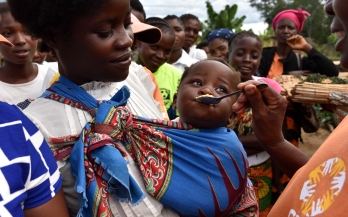


Africa Food Systems Forum 2025
- Dakar, Global
The Africa Food Systems Forum will host its annual summit in Dakar, Senegal, from 31 August to 5 September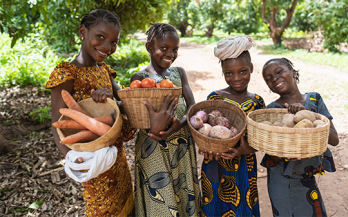
UN Food Systems Summit Stocktake (UNFSS+4)
- Addis Ababa, Global
This event will build on the momentum of the 2021 UN Food Systems Summit and the first Stocktake in 2023 (UNFSS+2), focusing on accelerating sustainable, inclusive, and resilient food systems transformation.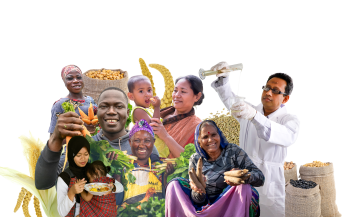
World Food Day 2025
2025 Theme : FAO’s 80th Anniversary World Food Day is an international day celebrated every year worldwide on October 16 to commemorate the date of the founding of the United Nations Food and Agriculture Organization in 1945. Stay tuned for GAIN’s contributions to World Food Day 2025.
International Youth Day 2025
- Virtual, Global
International Youth Day is celebrated annually on 12 August to bring youth issues to the attention of the international community and celebrate the potential of youth as partners in today’s global society. The Day gives an opportunity to celebrate and mainstream young peoples’ voices, actions, and initiatives, as well as their meaningful, universal, and equitable engagement. Stay tuned for GAIN’s contributions to World Youth Day 2025.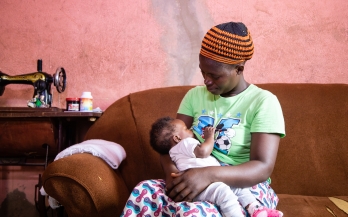
World Breastfeeding Week 2025
- Global
World Breastfeeding Week (WBW) is a global campaign to raise awareness and galvanise action on themes related to breastfeeding.
Micro Small and Medium-sized Enterprises (MSME)Day 2025
- Virtual, Global
The United Nations General Assembly declared 27 June as Micro-, Small and Medium-sized Enterprises Day, to raise public awareness of their contribution to sustainable development and the global economy. Policymakers must move beyond recovery and consider ways in which to lower and eliminate barriers faced by MSMEs, improve the business environment and access to finance, markets and technology in these fragile times. It is critical that countries and their development partners continue to support and empower MSMEs and unlock their full potential through inspiring innovation, creativity and decent work for all.
GAIN Green Week 2025: Celebrating Earth Day & Sustainability
- Virtual, Global
At GAIN, sustainability is at the heart of everything we do. This year, we're marking Earth Day (April 22) as part of Green Week 2025, a dedicated time for reflection, action, and engagement on environmental sustainability across our global offices.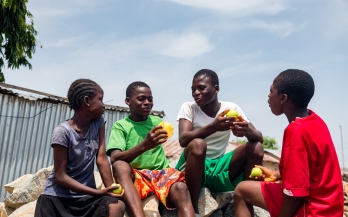
World Health Day
- Global
Healthy beginnings, Hopeful futures World Health Day, celebrated on 7 April 2025, will kick off a year-long campaign on maternal and newborn health. The campaign, titled Healthy beginnings, hopeful futures, will urge governments and the health community to ramp up efforts to end preventable maternal and newborn deaths, and to prioritize women’s longer-term health and well-being. WHO and partners will also share useful information to support healthy pregnancies and births, and better postnatal health. Stay tuned for GAIN’s contributions to World Health Day 2025.
78th World Health Assembly (WHA)
- Geneva, Global
The 78th World Health Assembly (WHA) will be held in Geneva, Switzerland from Monday, May 19, 2025 to Tuesday, May 27, 2025. Watch out for GAIN’s participation at WHA 78 as we push for stronger food systems and healthier communities.